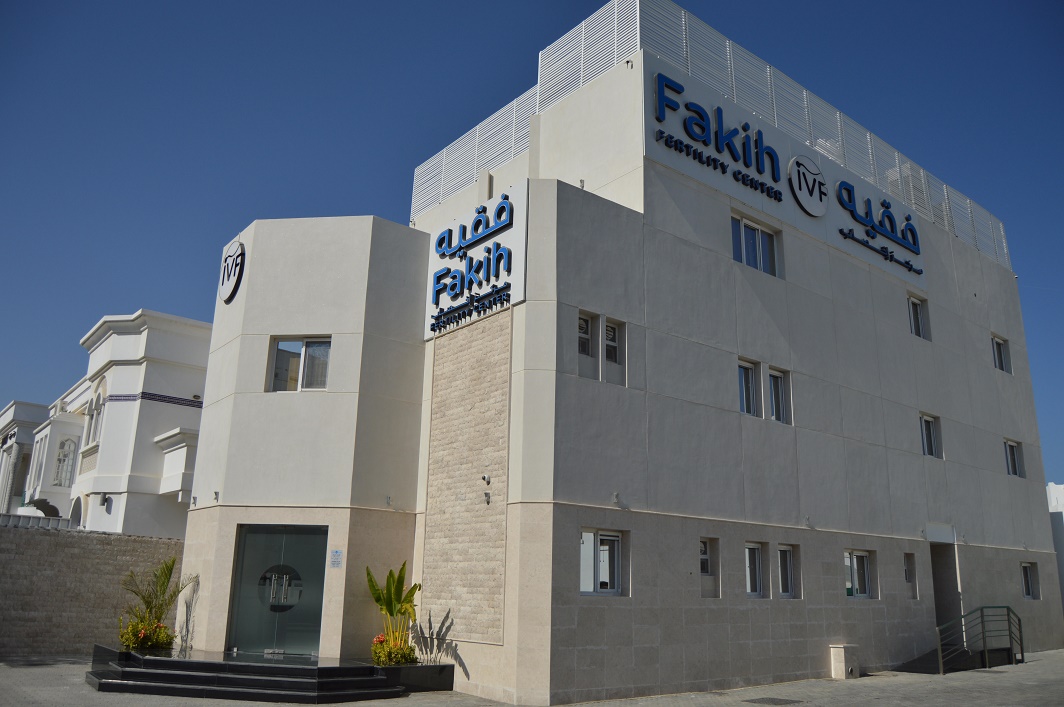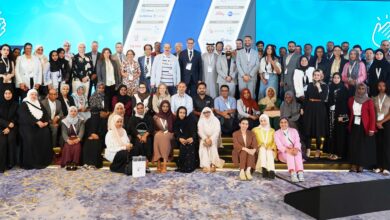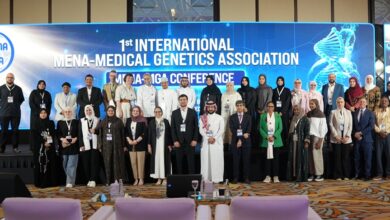The number of patients visiting Fakih IVF Fertility Center in Oman has risen exponentially in the past year, according to a latest report revealed by the leading healthcare facility. Celebrating its first anniversary in Oman, Fakih IVF testified that since its establishment in the country, more than 1500 patients have opted for enhanced medical solutions to increase their chances of conception.
“In the past year, we have experienced a record number of patients visiting us. Assisted reproductive technologies – more generally referred to as in-vitro fertilisation or IVF – have revolutionised how we treat infertility, encouraging several patients to opt for this mode of treatment,” said Dr Michael Fakih, Medical Director of Fakih IVF Fertility Center.
Fakih IVF Fertility Center is one of the leading Infertility, Gynecology, Obstetrics, Genetics and IVF Centers in the GCC region, with a full-service Genetics Laboratory, offering screening of hereditary diseases, chromosomal abnormalities and gender selection. At Fakih IVF Fertility Center, each couple is assessed and a treatment plan is designed specifically for them to help families grow and ultimately achieve the highest success rates.
Known for its cutting-edge medical services, Fakih IVF not only offers patients cost effective treatment modalities, but also uses latest technology to increase chances of pregnancy for couples opting for IVF. It’s reliable, high quality and satisfactory solutions make it a leading healthcare unit in the Middle East and worldwide.
According to Dr Walaa Zidan, Specialist Obstetrics & Gynecology and Infertility at Fakih IVF Fertility Center, male infertility is a key factor prompting couples to opt for IVF in Oman. In addition, ovarian problems like polycystic ovary syndrome, endometriosis, ovarian failure, genetic disorders in couple or off springs; unexplained infertility and immature eggs are other significant elements that lead individuals to seek enhanced medical help.
Studies indicate that more than eight million babies have been conceived worldwide through assisted reproductive techniques. While the growing trend doesn’t necessarily mean couples are having more trouble conceiving children, it certainly indicates that several people are having babies at a later age. Statistics denote that in 1980, the average age of a new mom was about 22, whereas now, the average age of a new mom is closer to 26, compelling several couples to opt for IVF.





